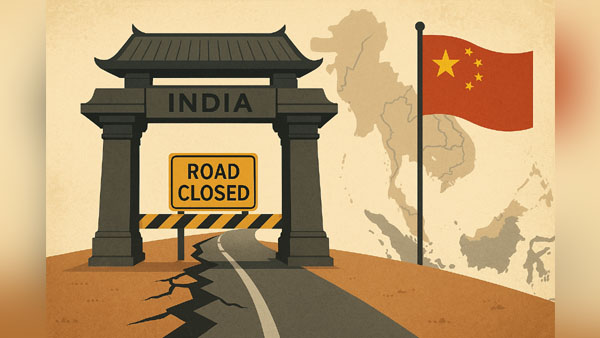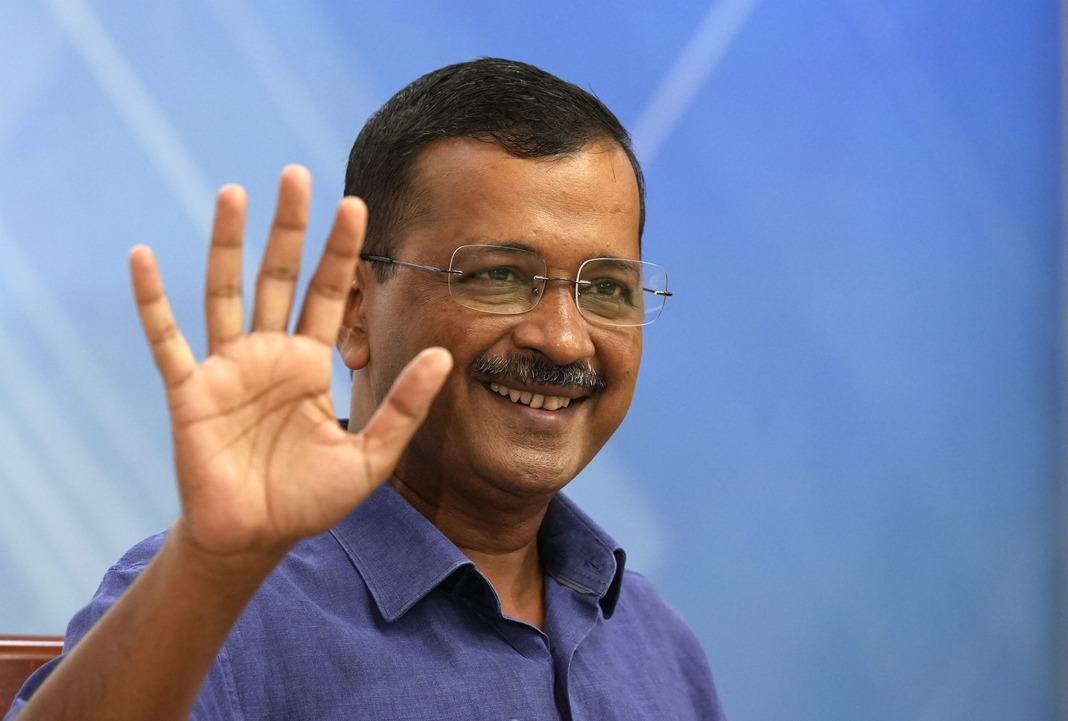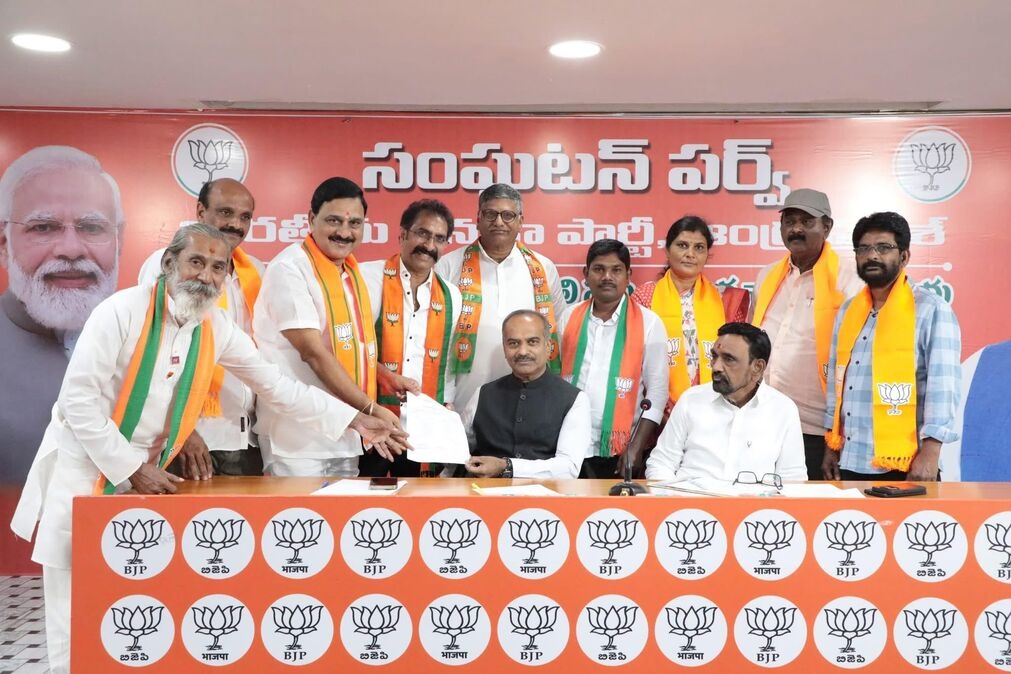By Dipak Kurmi
Since its inception, India’s Act East Policy has embodied the country’s strategic ambition to deepen economic, diplomatic, and security ties with Southeast Asian nations. Conceived as a more action-oriented successor to the Look East Policy of 1992, Prime Minister Narendra Modi officially unveiled the Act East Policy in 2014, envisioning Northeast India as a vibrant gateway to Southeast Asia. However, over a decade later, this grand vision faces unprecedented geopolitical headwinds, borderland conflicts, and internal disruptions, leaving India’s connectivity dreams mired in uncertainty.
The foundational goal of the Act East Policy was to transform the Northeast from a landlocked, peripheral region into an economic and diplomatic bridge between India and the ASEAN bloc. The Modi government significantly ramped up investment in infrastructure, increasing the budgetary allocation for the Northeast by nearly 300 percent—from ₹36,108 crore in 2014-15 to over ₹1 lakh crore in 2024-25. Government statistics boast the construction of over 10,000 kilometers of highways, eight new airports, and more than 800 kilometers of railway tracks within this period. Strategic projects like the India-Myanmar-Thailand Trilateral Highway, the India-Myanmar Kaladan Multi-Modal Transit Transport Project, and the Moreh-Tamu rail link were fast-tracked to improve cross-border connectivity.
Yet, the geopolitical terrain surrounding India’s Northeast has undergone dramatic and troubling shifts. The February 2021 military coup in Myanmar and the recent fall of the Sheikh Hasina-led Awami League government in Bangladesh following the July 2024 elections have cast long shadows over India’s regional engagement strategy. In Myanmar, the ongoing civil war between the junta and the People’s Defence Force (PDF), allied with the National Unity Government, has crippled trade routes, with the Indo-Myanmar Friendship Gate between Moreh and Tamu remaining shut for over a year. Once bustling with over 500 shops, the Moreh border town now stands eerily silent as trade has dried up, and the socio-economic life of Manipuris dependent on cross-border commerce has collapsed.
Meanwhile, the Northeast itself is struggling with internal conflicts. The ethnic violence between Meiteis and Kukis in Manipur, which erupted in May 2023, shows no sign of abating. The resultant humanitarian crisis has crippled internal transportation networks and paralyzed administrative focus on development initiatives. Parallel to this, the insurgency in Myanmar has obstructed key infrastructure projects like the Imphal-Moreh road and the Kalewa-Yagyi sector of the Trilateral Highway. These setbacks now pose existential threats to the Act East vision, raising serious questions about its feasibility in the short term.
Bangladesh, once a key partner in India’s regional connectivity roadmap, has also entered a phase of political uncertainty. The ouster of Prime Minister Sheikh Hasina—who was known for her cooperative stance toward India—by the new government led by Mohammad Yunus in July 2024, has destabilized several bilateral projects. Work on the Indo-Bangladesh Akhaura-Agartala rail link and the Bangladesh-China-India-Myanmar (BCIM) Economic Corridor has slowed. Yunus’s new administration has adopted a more nationalist tone, revisiting trade agreements, port access commitments, and even pushing back on transshipment facility proposals that India had banked on.
China’s growing strategic footprint further complicates India’s outreach efforts. Beijing’s Belt and Road Initiative (BRI) continues to make inroads across South and Southeast Asia, including critical infrastructure in Myanmar, Bangladesh, and even Nepal. China’s multi-billion-dollar investments in Myanmar’s Kyaukphyu port, Bangladesh’s Chittagong port, and transportation corridors like the China-Myanmar Economic Corridor (CMEC) have positioned it as a dominant regional stakeholder. The Indian establishment is now facing the dual challenge of salvaging stalled projects while countering China’s deepening influence.
A recent report from the Ministry of External Affairs highlights that over ₹55,600 crore has been invested in core connectivity projects, ₹18,400 crore in bilateral border trade infrastructure, and ₹11,818 crore in ASEAN connectivity projects. Yet, despite these outlays, India’s trade volume with ASEAN nations remains modest. According to recent trade data, India exported goods worth $40.25 billion to ASEAN in 2021-22, rising to $42.09 billion in 2022-23, but declining to $41.06 billion in 2023-24. Similarly, imports stood at $59.37 billion in 2021-22, rose to $72.35 billion in 2022-23, but slightly fell to $68.01 billion in 2023-24. This trade imbalance further underscores the structural weaknesses of India’s engagement with ASEAN, especially when compared to China’s entrenched commercial dominance.
Even key infrastructure projects that are critical for reviving trade have hit bureaucratic and security bottlenecks. The Siliguri Corridor, a narrow stretch that connects mainland India to the Northeast, continues to be overburdened and vulnerable to both natural and geopolitical disruptions. While the Brahmaputra River multimodal transport project and the Guwahati-North Guwahati bridge offer some hope, their capacity remains insufficient for the envisioned scale of transnational trade.
India’s external affairs and commerce ministries acknowledge the urgency of revamping their strategy. Former Union Minister Sarbananda Sonowal recently advocated for an updated, ground-reality-based roadmap for the Act East Policy, stressing the importance of political stability in the neighborhood and internal ethnic peace in the Northeast. Stakeholders from trade chambers like the Border Trade Chamber of Commerce in Moreh have echoed similar sentiments, demanding an immediate reopening of border markets and formal dialogues with the Myanmar authorities.
In this context, the Act East Policy must undergo a fundamental recalibration. India can no longer afford to view the policy solely through the lens of infrastructure creation. A holistic, multidimensional approach is needed—one that integrates security diplomacy, counter-insurgency measures, cross-border humanitarian engagement, and strategic counter-balancing against China. Enhanced coordination between the Ministry of External Affairs, the Ministry of Home Affairs, and state governments is essential to navigate the current flux.
The future of the Act East Policy also depends on India’s ability to engage with new political regimes in Dhaka and Naypyidaw with pragmatism, while simultaneously working to resolve internal conflicts in Manipur and neighboring states. Only a stable and peaceful Northeast can serve as a reliable corridor to Southeast Asia. As geopolitical dynamics shift rapidly, what remains clear is that India’s window of opportunity for asserting regional influence via the Act East Policy is narrowing. Without swift and strategic interventions, the policy risks being remembered not as a gateway to prosperity, but as a casualty of geopolitical miscalculation and domestic turmoil.
(the writer can be reached at dipakkurmiglpltd@gmail.com)




